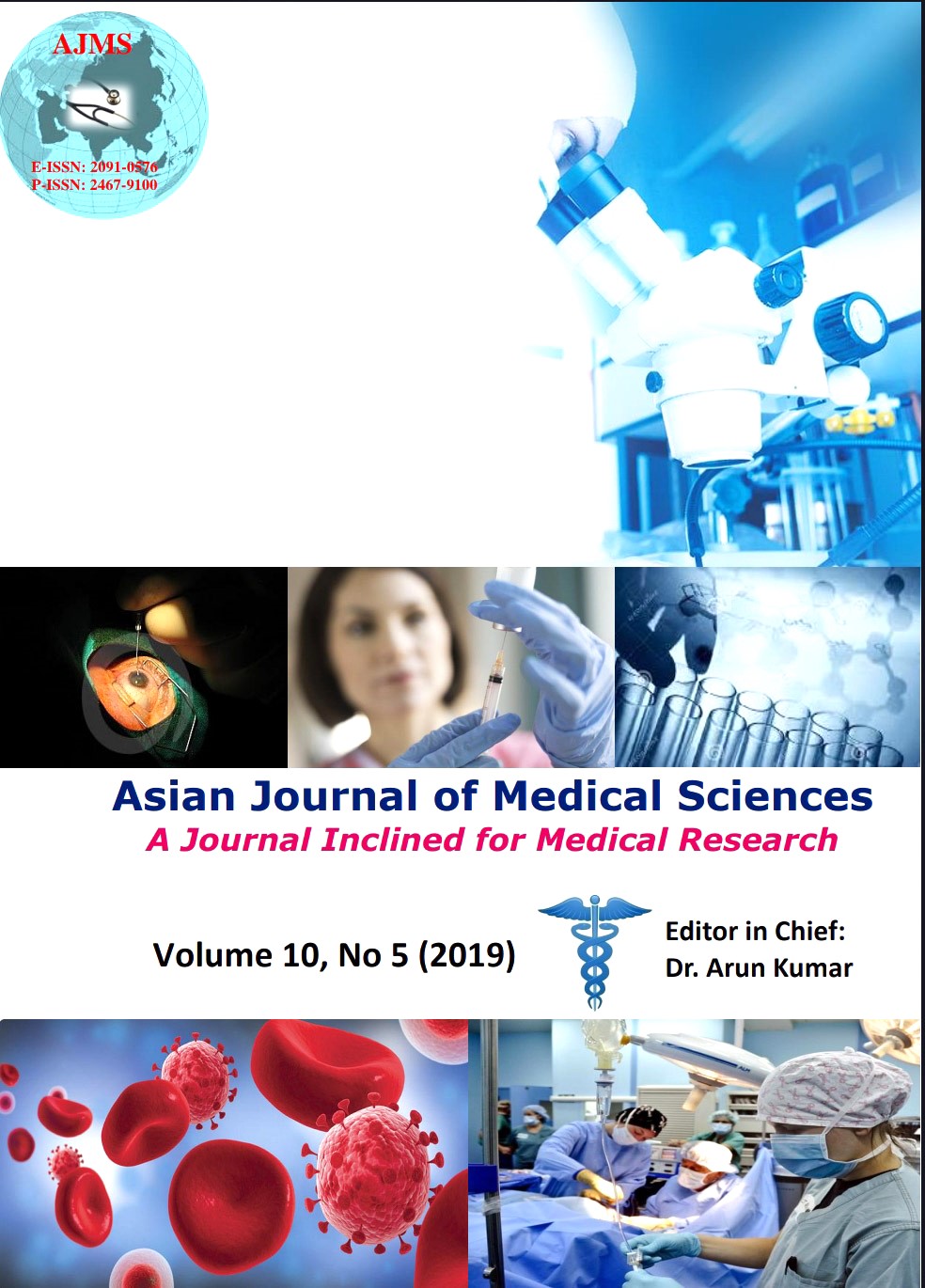Excessive sleepiness of Thai night shift workers in medical circumstances indexed by Epworth Sleepiness Scale
Keywords:
Sleep, Shift worker, Sleep PropensityAbstract
Background: Excessive sleepiness is a cardinal symptom of many sleep disorders including shift work sleep disorder. As shift work sleep disorder is one type of the circadian rhythms sleep–wake disorders (CRSDs), it composes of symptoms of insomnia or excessive sleepiness associated with a recurring work schedule that intersections with the usual sleep timetable.
Aims and Objective: The objective was to study the sleep propensity (SPs) in Thai medical staffs who are working in the hospital in Thailand.
Materials and Methods: Ten participants included night shift workers with excessive sleepiness. Each participant was assessed by standardized measures of excessive sleepiness (Epworth sleepiness scale [ESS] ≥ 11). Exclusions included clinical major medical problem, psychiatric, neurological problem, use of drugs other than alcohol, uncorrected serious vision issue, pregnancy and lactation, use of antibiotics and herbs during this study. The ESS item scores in this study are all assessments of different situational SPs.
Results: The results showed that about 70% of the subjects answered slight chance of dozing, while 20% answered moderate chance of dozing for sitting and reading situation. Only 10% of the subjects would never doze. There were 60% of the subjects answered slight chance of dozing, while 10% answered moderate chance of dozing for as a passenger in a car for hour without a break of the ESS. There were 30% mentioned that they would never doze.
Conclusion: The situations can be described in general terms but not completely, for they depend on the subject’s perception of them. Although these preliminary findings represent a relatively information, it may not reflect all the SPs in Thai medical staffs who are working in hospital. It need further research to be done in the larger extended way.
Downloads
Downloads
Published
How to Cite
Issue
Section
License
Authors who publish with this journal agree to the following terms:
- The journal holds copyright and publishes the work under a Creative Commons CC-BY-NC license that permits use, distribution and reprduction in any medium, provided the original work is properly cited and is not used for commercial purposes. The journal should be recognised as the original publisher of this work.
- Authors are able to enter into separate, additional contractual arrangements for the non-exclusive distribution of the journal's published version of the work (e.g., post it to an institutional repository or publish it in a book), with an acknowledgement of its initial publication in this journal.
- Authors are permitted and encouraged to post their work online (e.g., in institutional repositories or on their website) prior to and during the submission process, as it can lead to productive exchanges, as well as earlier and greater citation of published work (See The Effect of Open Access).




